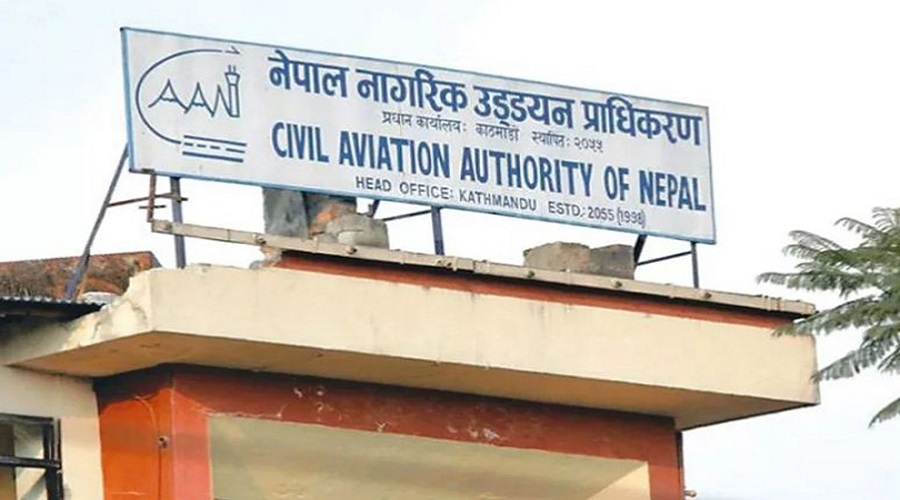Through a revised “EU Air Safety List,” which is a list of non-European airlines that do not meet international safety standards and are subject to an operating ban or operational restrictions within the European Union, the European Commission has chosen to maintain its ban on Nepali airlines.
“Ensuring the highest level of air safety for Europeans and all other travelling passengers is at the very heart of the Commission’s aviation safety policy.” A total of 129 airlines are banned from EU skies due to inadequate safety oversight by the aviation authorities from the respective countries. The commission lifted the third-country operator suspensions imposed on Pakistan International Airlines (PIA), which was suspended in 2020.
The EC said that the PIA and the Pakistan Civil Aviation Authority have substantially improved safety performance and oversight capabilities. PIA is now allowed to resume operations in the EU. The latest decision means that Nepal has been in the EC’s bad books for 12 years in a row. According to the commission, if an airline considers that it should be removed from the list as it complies with the relevant safety standards, it can address a request to the European Commission, either directly or through its civil aviation authority.
For the ban to be lifted, the airline must provide sufficient evidence to the EU, proving that both the airline and its oversight authority can implement international safety standards. The European Commission services will then assess the evidence the airline and/or its oversight authority presents. If the assessment is positive, the commission will propose the removal to the EU Air Safety Committee. For a long time—over 15 years—global aviation watchdogs have questioned the civil aviation body’s dual role and urged Nepal to split the organisation into two entities—service provider and regulator—to enhance the safety of flyers.
However, the government has shown no interest in doing so, and Nepal’s aviation industry is suffering. In December 2013, the European Commission banned all Nepali airlines from flying into the 28-nation bloc. The EU operates the EU Air Safety List. This is a regularly-updated blacklist of commercial airlines that are either banned or heavily restricted from entering European skies. According to one aviation expert the Post talked to, no Nepali airlines are flying in the EU’s airspace. “Still, it eventually affects tourism in the countries the EU questions.”
The EU Air Safety List has three main goals. The first is achieving the highest possible safety standards in European skies. The second is to provide publicly available information to Europeans so they can make informed choices about which airlines to book with when they are outside the EU territory. The third is providing a means for blacklisted countries, airlines or aviation authorities to improve their safety record and be taken off the list. The EU Air Safety List has become a major preventive tool, as it motivates countries with safety problems to act upon them before a ban under the EU Air Safety List becomes necessary.
“But for a country like Nepal, where corruption is widespread and institutionalised, reforms don’t easily happen,” said the expert, who wished not to be named. “Nepal has consistently failed to abide by the reforms recommended by global aviation watchdogs.” In August 2022, the United Nations aviation watchdog, the International Civil Aviation Organisation, formally asked Nepal to split the civil aviation body into two entities.
The separation is a crucial organisational reform agenda which has been a work in progress for the past decade and a half. In its Nepal audit report, ICAO said that the move was needed to “ensure a clear separation of authority between service providers, operators and the regulatory authority”. This was the first time that ICAO, which creates regulations for aviation safety, security and efficiency globally, wrote to Nepal to get it to undertake the functional separation. ICAO has made this issue a high priority.
Last month, the Cabinet’s bill committee gave a nod to the civil aviation bills, two months after they were tabled, allowing the government to present the long-pending legislation at the winter session of Parliament. The then Pushpa Kamal Dahal-led government had put the bills into hibernation. On September 6, after being halted by the Dahal administration for over a year, the draft civil aviation bills made into the KP Sharma Oli Cabinet’s agenda.
Nepal’s two largest parties—the Nepali Congress and the CPN-UML—took decisive steps to split the country’s aviation body into two entities: service provider and regulator. Last month, the bill committee of the Cabinet gave a nod to the civil aviation bills two months after they were tabled, allowing the government to table the long-pending legislation in the winter session of Parliament.
Source: Here
Image source: Here

